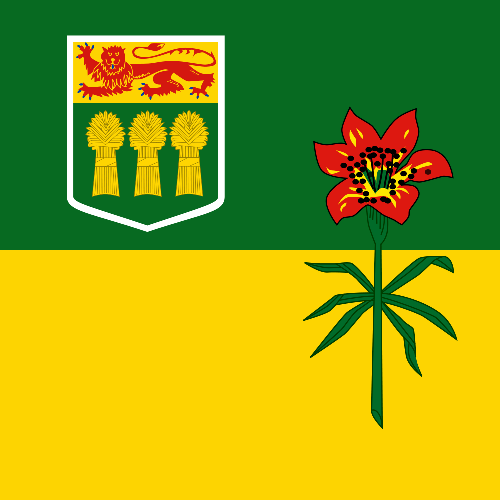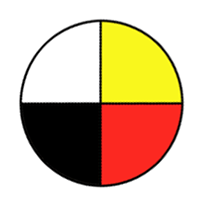Examine how a disposition for lifelong learning connects to potential career pathways.
| (a) |
Participate in the creation of a group or class list of strategies for improving academic skills and knowledge, and assess strategies best suited to personal growth |
| (b) |
Conduct a personal communication with an experienced worker and create a visual representation of their career pathway |
| (c) |
Compare how positive and negative personal skills and attitudes influence life and work-related success |
| (d) |
Explore and clarify understandings about the relationship between personal knowledge and skills and life and work choices |
| (e) |
Examine how organizations operate (e.g., how money is made, overhead costs, profit) to formulate understandings of relationships between employers, workers, and consumers |
| (f) |
Evaluate and justify the economic contributions workers and entrepreneurs make to a community |

This document will assist individuals and communities to engage in meaningful discussions and actions to respond to the experiences, perspectives and needs of students and families who are gender and/or sexually diverse (GSD).
Content includes:
- Gender and Sexual Diversity
- First Nations and Métis Ways of Knowing
- Assumptions, Privilege and Oppression
- Comprehensive School Community Health (CSCH)
- CSCH Approach to Creating Inclusive Schools




